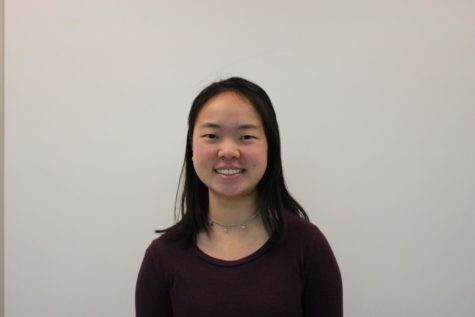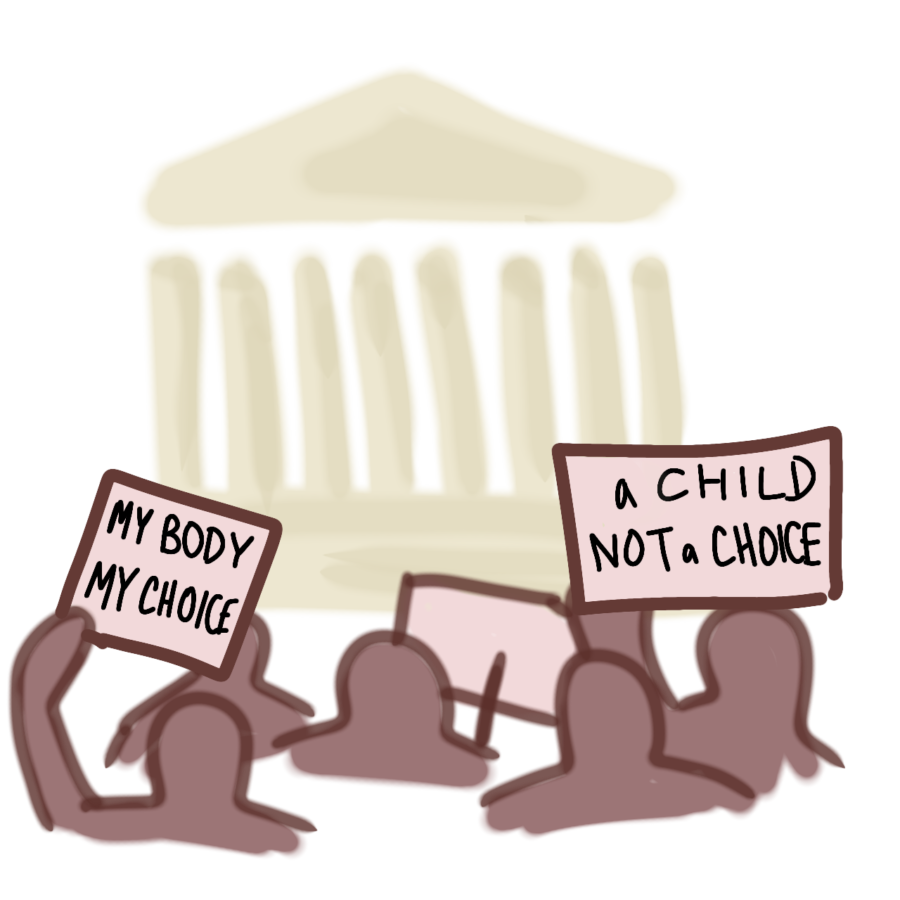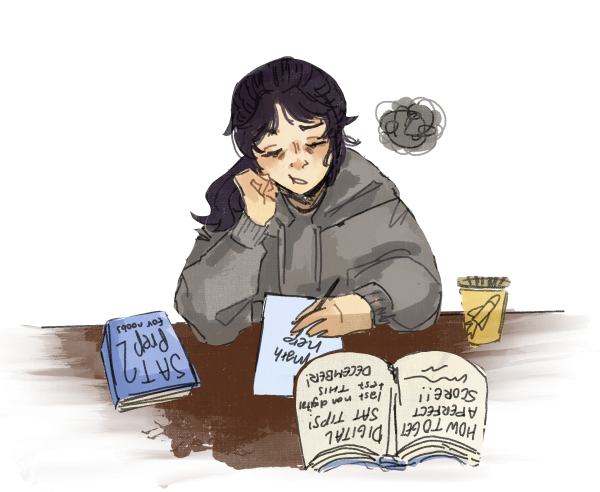Moral psychology sheds light on abortion debate
The issue of abortion has been prevalent in political discussions, especially after the reversal of Roe v. Wade.
Almost one year after the reversal of Roe v. Wade last June, the Supreme Court is again poised to make a major decision on abortion. As anti-abortion plaintiffs prepare to advocate in courts for the ban of Mifepristone, a pill used in over half of abortions in the US, the Supreme Court decided on April 20 to allow the pill to remain widely available until a final ruling is made.
Abortion has shifted to the forefront of 2024 presidential campaigns, entrenching “anti-abortion” and “abortion-rights supporter” as flagship Republican and Democratic policy positions.
The question of how partisans think about issues like abortion and how such issues become politicized is the focus of political psychology, a branch of research that has emerged amid the polarization of recent decades.
When deciding whether to support a policy, many people consider the broader implications of it rather than how it might directly impact themselves. “You think about it more generally—the morality of something and how it’ll affect other people,” senior Saahil Rao said.
This is especially true given that voters don’t necessarily have a personal stake in all of the policies they advocate for or against. “I’m really passionate about climate change and that’s going to affect everyone eventually, but other things I care a lot about, like energy policy and housing, don’t really affect me directly,” senior David Smith said.
Duke University researcher Christopher Johnston and his colleagues found that, for the most politically-engaged citizens, the question they ask themselves is not primarily “What will this policy do for me?” but rather “What would supporting this policy position say about me?” People often take stances to “virtue-signal”––to express values and morals that they stand for.
This logic applies to abortion: in the decades following Roe v. Wade, conservative evangelicals viewed abortion as a threat to the traditional family structure and therefore opposed it largely for the values it embodied. “Abortion became a proxy issue for concerns about a liberalizing society,” Mary Ziegler, a legal historian at University of California-Davis, said in an interview with Reuters.
In recent years social psychologists have identified distinct sets of morals that conservatives and liberals each rely on when taking political stances, which are encapsulated in New York University psychology professor Jonathan Haidt’s Moral Foundations Theory. The theory posits that most moral reasoning boils down to five ideals that humans are attuned to at birth: Care (protection from harm), Fairness (justice and equality), Loyalty (deference to one’s ingroup), Authority (respect) and Purity (sanctity, health and cleanliness).
Further, according to Haidt, liberals tend to be more concerned with Care and Fairness than conservatives, while conservatives are more concerned with Loyalty, Authority and Purity than liberals. This is evidenced in liberals’ endorsement of policies like universal healthcare and in experiments showing that conservatives support climate change mitigation efforts more if framed in terms of maintaining Earth’s purity or demonstrating patriotism to the US.
A study applying this framework to abortion concluded that the extent to which individuals value Fairness predicts support of abortion rights while the value placed on Sanctity predicts opposition of abortion. In practice, abortion-rights supporters for fairness to women and their freedom to make decisions about their bodies, while anti-abortion rhetoric often mentions “the sanctity of life.”
That moral convictions are so deep-seated may explain why political views always seem impossibly rigid: it takes changing a person’s moral orientations to change their political views. “When you’re in a political debate with someone who knows their stuff and believes what they believe, then you’re not going to change their mind,” Rao said. “Someone can’t make you change your values in one conversation.”
Your donation will support the student journalists of The Tide, Richard Montgomery High School's student newspaper. Your contribution will allow us to purchase equipment and cover our annual website hosting costs.

Crystal Li is a senior and The Tide’s Science Writer. She covers topics ranging from public health to technology. Outside of newspaper writing, Crystal...






